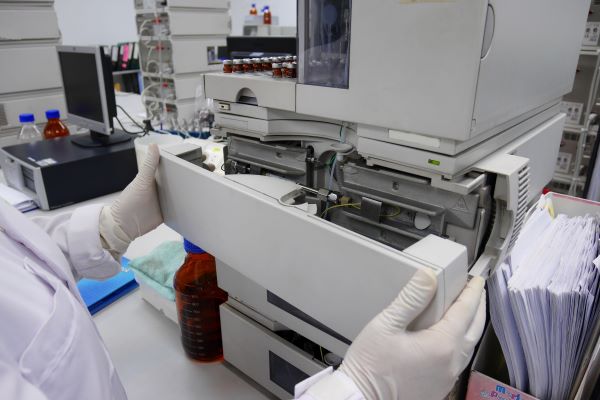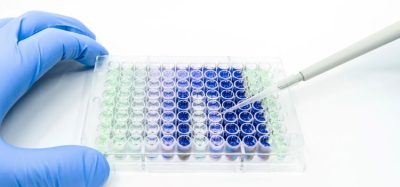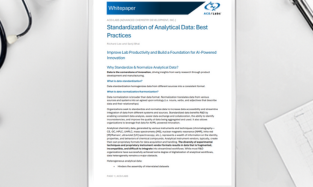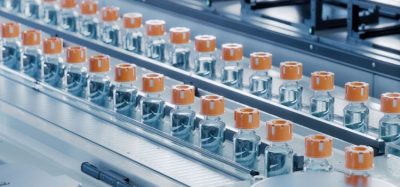Carbonated water makes chromatography more environmentally friendly
Posted: 21 December 2023 | Caroline Peachey (European Pharmaceutical Review) | 1 comment
Research published in Green Chemistry suggests that using carbonated water in chromatography makes the analytical process more environmentally friendly.


A study carried out by scientists from the University of Texas at Arlington (UTA) has found that using carbonated water in chromatography makes this relatively common chemical technique more environmentally benign.
The research, led by Daniel W. Armstrong, the Welch Distinguished Professor of Chemistry and Biochemistry at UTA, was published in Green Chemistry.
“Our research shows that the use of simple carbonated water plus minimal mathematical processing and optimal column geometries produces the lowest AMGS scores yet reported,” Armstrong said.
“This shows that switching to carbonated liquids instead of other liquids, when possible, will help make the process of chromatography safer for the environment.”
The team also found that using carbonated liquids is just as fast and efficient as other liquids used in chromatography.
Findings from chromatography experiments
Analytical Method Greenness Score (AMGS) is a general metric used to compare methods during analytical development. The score factors in solvent health, safety, environmental impact and cumulative energy demand, instrument energy usage and method solvent waste to benchmark and compare one method to another. The smaller the score, the more environmentally friendly a process is.
The UTA study corrected the original AMGS equation and extended it to cover more realistic separations including chiral amino acids.
“Using 38 amino acids as a test class of molecules, the utility of carbonated liquids as a green alternative was presented at speeds, efficiencies and resolutions never reported,” Armstrong said.
Notably, the AMGS reached values as low as 1.2 for ultrafast (<15 s) amino acid chiral separations, where 79 percent was contributed by the cycle time.
AMGS minimisation could have widespread implications for drug development research”
This AMGS minimisation could have “widespread implications” for drug development research and other production fields reliant on separation sciences, the researchers stated.
A single chromatograph produces about a liter of liquid waste, according to the researchers, with some major pharmaceutical companies operating more than 1,000 chromatographic studies per day.
Future studies will involve exploring the use of carbonated liquids in other analytical techniques, such as mass spectrometry.
Editors and reviewers of the peer-reviewed journal Green Chemistry have highlighted the study as one of its “hot” articles for 2023.
Chromatography technique developed as continuous on-line PAT tool
Related topics
Analytical techniques, Liquid Chromatography - Mass Spectrometry (LC-MS), QA/QC, Sustainability










Nice to see AMGS, the analytical method greeness score, being used and mentioned.